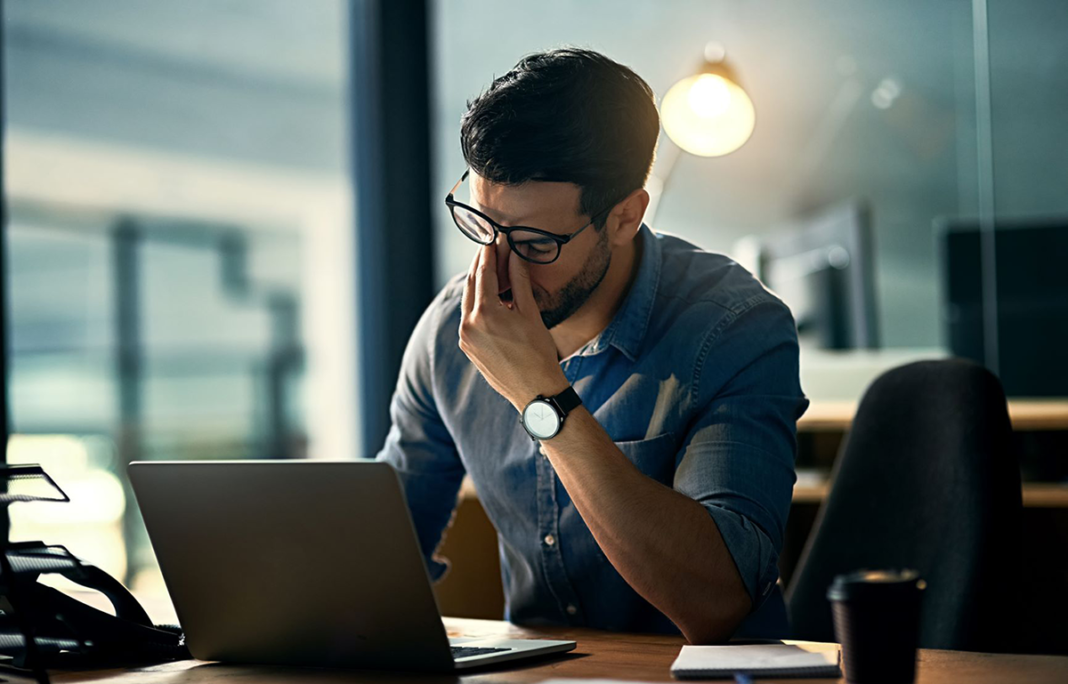We are all susceptible to the effects of work-related stress. Anybody may become stressed out by emails, Slack messages, ringing phones, and coworkers stopping by for spontaneous meetings.
It’s normal to have some anxiety, especially when a deadline or difficult job is approaching. Yet if work stress persists, it may have an adverse effect on both your physical and mental health.
Even if you enjoy your job, work stress is inevitable. But, there are things you can do to reduce workplace stress.
1. Understand how it impacts you.
Although it may seem extremely straightforward, it’s possible to overlook the impact stress has on you. Towards the end of the day, pay attention if you feel emotionally spent and gloomy.
Unmanaged stress may have a negative impact on your physical and mental health over time, and current study (Trusted Source) indicates that there may be a connection between work-related burnout and depression and anxiety.

2. Spend some time resting.
Burnout may be avoided by scheduling even a little period of personal time throughout a hectic day.
You may unwind during the day by viewing a hilarious YouTube video or listening to an engaging podcast between meetings.
Moreover, it’s crucial to take breaks from work-related thoughts by not reading work-related emails on your time off and putting your phone away in the evenings.
3. Develop your time-management abilities.
How organised you are can have an impact on whether or not you feel overburdened by work. Consider creating a priority list at the start of your work week by organising your responsibilities and prioritising them.
4. Make a list of your stresses.
You can better grasp what’s upsetting you by recognising and documenting stressful events. Some of them, like an unpleasant office or a lengthy commute, might be quiet causes of strain.
During a week, keep a notebook to record your stressors and your responses to them. Include the people, places, and things that caused a bodily, mental, or emotional reaction in your list.
Do the following while you write
- How did I feel after that? (Afraid, furious, or hurt?)
- What did I think? (Did I go for a stroll or the vending machine after that?)
- What are some possible solutions to it? (How can I eliminate this source of stress?)

5. Reconsider your negative ideas
When you’ve been dealing with anxiety and chronic stress for a while, your mind may have a tendency to draw negative conclusions and interpret everything negatively.
For instance, you could assume “they’re upset at me” if your supervisor doesn’t greet you when you arrive at work.
Try separating yourself from your negative ideas and just observing rather than jumping to conclusions.
Read More: Plant-based foods with high in protein are ideal after intense workout.








